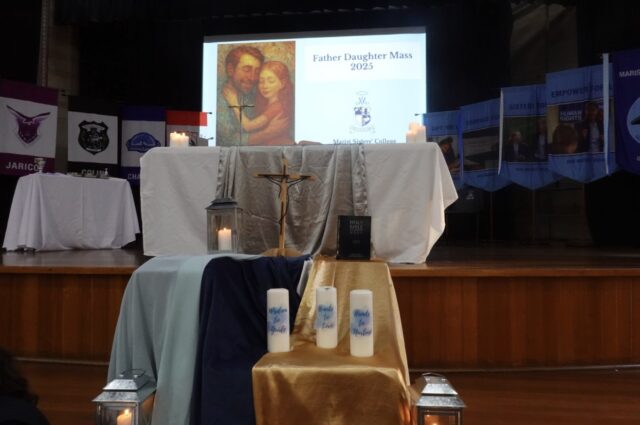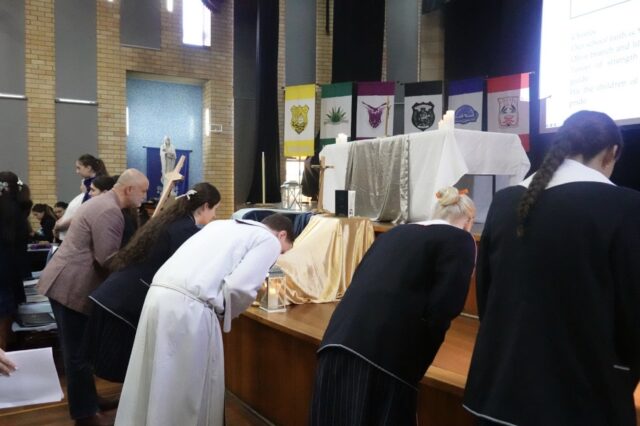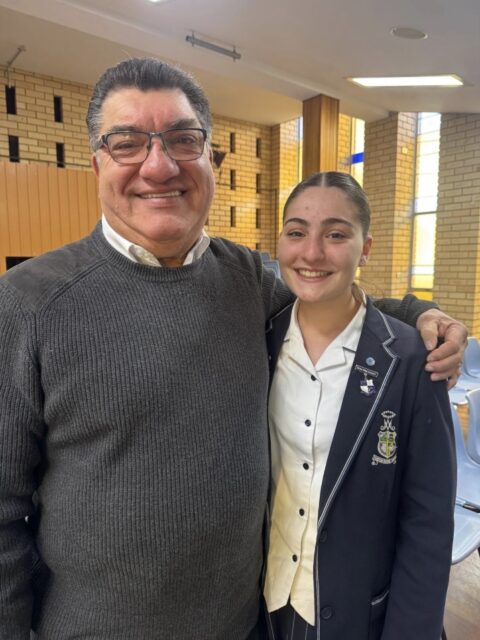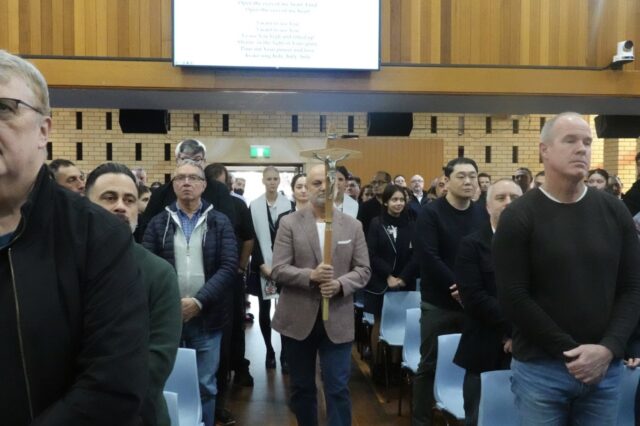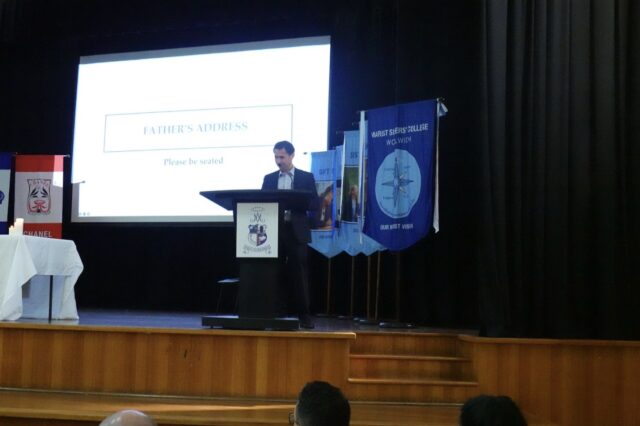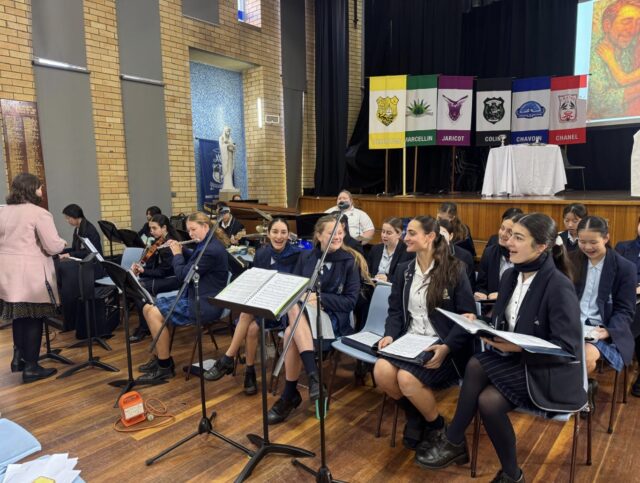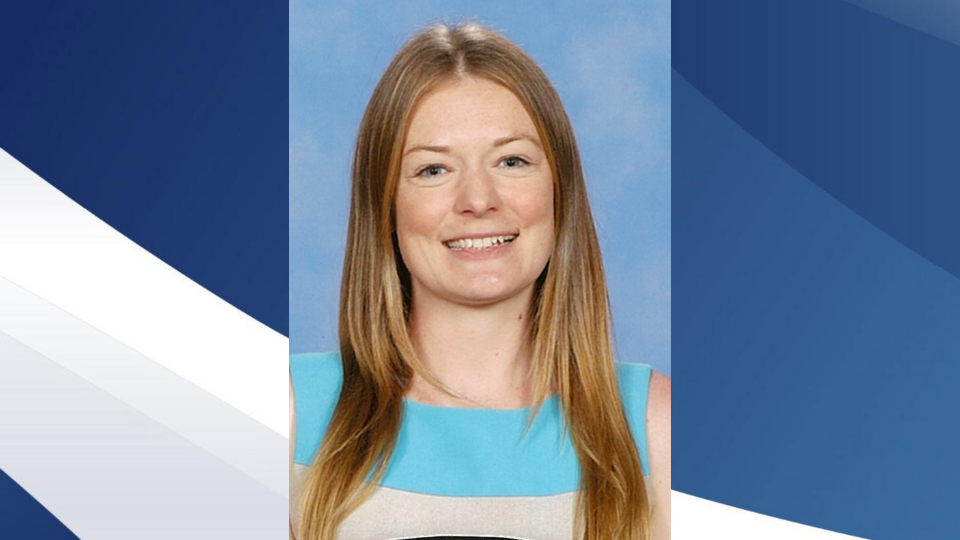
From The Religious Education Coordinator
In our Church ……
The Feast of St Teresa of Calcutta (5 September)
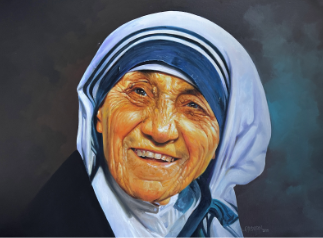 On August 26, 1910, Mother Teresa was born Agnes Gonxha Bojaxhiu in Skopje, Macedonia. As a young girl she was very involved in parish activities, and her mother told her many stories of missionaries, who inspired her greatly. In 1928, at age 18, Agnes joined the missionary order of the Sisters of Loreto in Dublin, Ireland. There she was given the name Sister Mary Teresa. As a young Sister in 1929 she travelled to Calcutta (today known as Kolkata), India, to teach at a school for girls. She continued to teach at various schools in India for 20 years. During that time, she was deeply moved by the number of sick and dying people on the streets.
On August 26, 1910, Mother Teresa was born Agnes Gonxha Bojaxhiu in Skopje, Macedonia. As a young girl she was very involved in parish activities, and her mother told her many stories of missionaries, who inspired her greatly. In 1928, at age 18, Agnes joined the missionary order of the Sisters of Loreto in Dublin, Ireland. There she was given the name Sister Mary Teresa. As a young Sister in 1929 she travelled to Calcutta (today known as Kolkata), India, to teach at a school for girls. She continued to teach at various schools in India for 20 years. During that time, she was deeply moved by the number of sick and dying people on the streets.
On September 10, 1946, while travelling by train to Darjeeling, Sister Mary Teresa experienced a “call within a call.” She felt called to be God’s love in action: to serve the sick and dying, the hungry and homeless. She received permission to leave the Loreto convent. Then she sought medical training and became determined to serve the poorest of the poor. Eventually, she was joined by other women. Some of these women were her former students, and they helped her serve the poor. In 1950 she established an order of religious women called the Missionaries of Charity. Over time the Missionaries of Charity have built centres throughout the world. In 1979 Mother Teresa, as she was known by then, received the Nobel Peace Prize. She captivated the world as few other people have. Her simple message was: “We are put on earth to do something beautiful for God.”
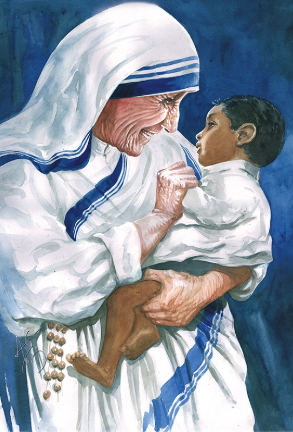 Pope John Paul II chose October 19, 2003, as the date for the beatification of Mother Teresa. The ceremony was a celebration for the entire world. Mother Teresa’s life of holiness is respected on a global scale. Her example of humble and loving service is admired by millions of people. The process that led to Mother Teresa’s beatification was the shortest in modern history. Ordinarily, the cause for beatification cannot begin until five years after the candidate’s death. However, Pope John Paul II advanced the cause of Mother Teresa soon after her death on September 5, 1997. The pope explained that he was making an exception because of widespread admiration for the tiny nun.
Pope John Paul II chose October 19, 2003, as the date for the beatification of Mother Teresa. The ceremony was a celebration for the entire world. Mother Teresa’s life of holiness is respected on a global scale. Her example of humble and loving service is admired by millions of people. The process that led to Mother Teresa’s beatification was the shortest in modern history. Ordinarily, the cause for beatification cannot begin until five years after the candidate’s death. However, Pope John Paul II advanced the cause of Mother Teresa soon after her death on September 5, 1997. The pope explained that he was making an exception because of widespread admiration for the tiny nun.
Mother Teresa’s spiritual vitality can be described with these words. “Don’t search for God in faraway lands. He is not there. He is close to you. He is with you. Just keep that lamp burning, and you will always see him.”
In our Community….
Father Daughter Mass
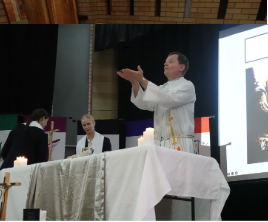 Last Friday we celebrated our Father Daughter Mass and Breakfast at Marist Sisters’ College. It was a morning of celebration and community spirit. Students and their Fathers, Father Figures and Grandfathers celebrated the Eucharist together at Mass and then enjoyed a breakfast with a wonderful view.
Last Friday we celebrated our Father Daughter Mass and Breakfast at Marist Sisters’ College. It was a morning of celebration and community spirit. Students and their Fathers, Father Figures and Grandfathers celebrated the Eucharist together at Mass and then enjoyed a breakfast with a wonderful view.
On Father’s Day when we remember what it means to have a father or be a father, we recognise the importance of fathers in our community. Fathers come in many different forms; Fathers who are working day and night to raise children, fathers who took in others’ children through adoption and foster care, fathers who are expecting, but aren’t quite fathers yet, and those fathers who have lost children and must carry on. Fathers who right now have joined God in Heaven and whom we miss dearly here on earth. We pledge as a community to love and nurture the fathers and father figures among us so that they will manifest the love of God in all that they do.
I would like to thank all the teachers, support staff, students and parents that assisted with the mass and to Father Greg Morgan from the Ryde/Gladesville Parish for celebrating the Mass. Thank you to Mr Petraglia for presenting. Thank you to our parent helpers, support staff and teachers for cooking and serving the breakfast. Thank you to Mrs Erin Healey and the Yr 12 VET Hospitality students for making the Father’s Day cookies. It was wonderful to see our Marist Sisters’ College community come together for such a significant event.
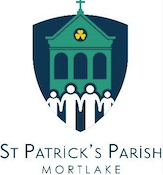 Invitation for Student Volunteers
Invitation for Student Volunteers
In our Curriculum….
Year 11 Preliminary Examinations
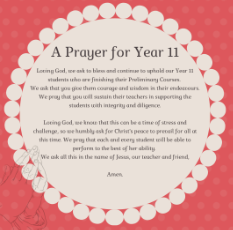 Our Year 11 students are in the middle of their Preliminary Examinations, marking a significant milestone in completing their Preliminary courses in Studies of Religion I, Studies of Religion II and Studies in Catholic Thought.
Our Year 11 students are in the middle of their Preliminary Examinations, marking a significant milestone in completing their Preliminary courses in Studies of Religion I, Studies of Religion II and Studies in Catholic Thought.
In Studies of Religion I and II, students ‘acknowledge religion as a distinctive answer to the human need for meaning in life and its significance in Australian society, as well as the importance of Aboriginal belief systems and spiritualities in Australia.’ This is particularly important within Australia’s multifaith and multicultural context, and its place within the global community. Through various activities such as timelines, discernment tasks and applying knowledge to contemporary issues, students have been challenged to develop their “skills of analysis, independent research, collaboration and effective communication.”
In Studies in Catholic Thought, students’ have been provided “with an understanding of humanhood and personhood understood by the Catholic tradition.” By engaging in different activities such as, jigsaw activities, discussions and analysing classical artworks, students have been able to explore the human person as “a foundational concept of the Catholic Church, founded in Scripture and informed by philosophy and theology.” These skills draw on our Marist Compass, Empower for Life, to ensure our students become critically reflective life-long learners.
Thank you Year 11 for the fantastic commitment to your learning and to the Year 11 Religious Education teaching team for their continued dedication.
